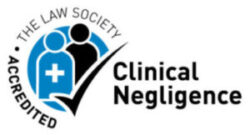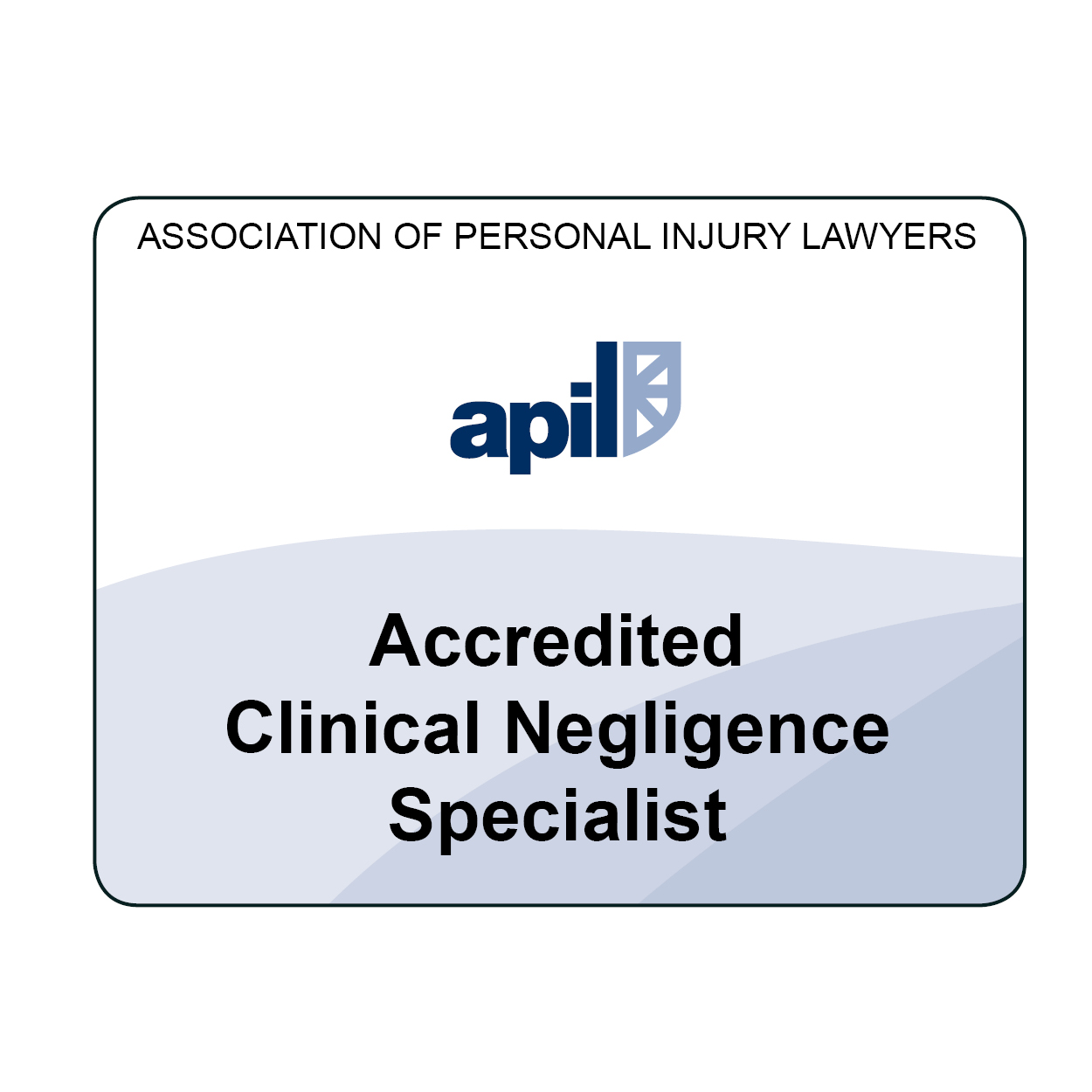A total of 91 never events were recorded between January and March of 2016, and the high rate of “never events” recorded in Quarter 1 2016 by health watchdog NHS Improvements suggests a worrying trend towards high rates of “never events” happening in NHS hospitals across the country.
Defined as failures in care provision so serious and fundamental that they should in fact never happen, “never events” represent a concern not just to patients – who suffer unnecessarily as a result of them – but to healthcare providers and to clinical negligence solicitors, as victims may be entitled to claim medical negligence compensation as a result of their undue suffering and any financial loss. Despite this, the period ranging from the beginning of April to the end of June 2016 has seen high rates of never events, to the point where they occurred at least two in every three days on average; a figure that still shows no indication of slowing.
28 ‘Never Events’ Recorded in April
Although much lower than the 38 “never events” that were recorded in October 2015, April records show 28 “never events” occurring in UK hospitals, with the most occurring at Barts Health NHS Trust and Northern Devon Healthcare NHS Trust, which both logged two. Surgery at the wrong site was the most commonly perpetrated failure for this month (eight counts), followed by improper administration of medication (six counts).
22 ‘Never Events’ Logged in May
May saw a total of 22 “never events”, with the worst-offending trusts noted as being Buckinghamshire Healthcare NHS Trust and Luton and Dunstable University Hospital NHS Foundation Trust, who both recorded two “never events”. The most common form of “never event” during April was again related to surgical errors, with surgery being performed on the wrong part of a patient’s body (10 counts) the most common error, with patient retention of a foreign object post-surgery coming in second (four counts).
28 ‘Never Events’ in June
June figures show a total of 28 “never event” occurrences; returning to April’s levels and dismissing the notion that May’s reduction in numbers could be indicative of a trend towards improvement. Sandwell and West Birmingham Hospitals NHS Trust and York Teaching Hospital NHS Foundation Trust stood out with two “never events” each, whilst the most common failures were surgery performed at the wrong site (eight counts), and again; patient retention of a foreign object (seven counts).
High Rate of ‘Never Events’ Recorded in Quarter 1 2016 is Cause for Concern
The figures, gathered from trusts up and down the country, illustrate a nationwide problem that shows no sign of abating, with problems relating to surgery at the wrong body site and the retention of foreign objects showing up consistently across different regions. Whilst it’s worth remembering these figures form only a small proportion of the total number of operations the NHS carries out every month, the fact that failures deemed so fundamental as to be “never” acceptable continue to happen at rates which are not reducing, is justifiably enough to worry patients, and spur clinical negligence claims to seek medical negligence compensation.
If you or a family member is concerned about the care you have received and the suffering this has caused, contact Blackwater Law Clinical Negligence Solicitors on 0800 083 5500. If you’ve been a victim of poor care from a hospital or GP, you will receive free initial legal advice regarding your potential eligibility to seek clinical negligence compensation.





